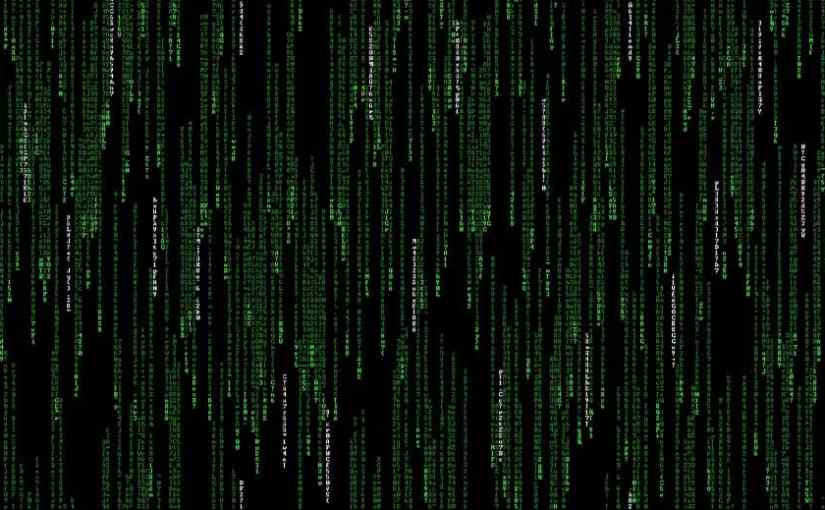Posted on May 27, 2020 at 6:29 PM
“Hackers of Savior” Defaces Thousands of Israeli Websites
A coordinated cyberattack has hit over 1,000 Israeli websites, as the hackers replaced their homepages with images depicting Tel Aviv in flames.
The attack also hit several private companies in the country as well as Israeli’s National Cyber Directorate. However, the directorate said there was no serious damage.
Although the numbers of affected pages were not stated, a report from Israeli media said the figure of affected websites was over 1,000, including the private big companies.
The attackers replaced the original home page on the affected websites with a slogan that reads, ‘the countdown to the destruction of Israel started long ago’. On the new page, there was a link leading to another page showing a computer-generated video of Tel Aviv, the country’s commercial capital, and other cities on fire.
The hackers also showed a photoshopped image of Israeli Prime Minister Benjamin Netanyahu, swimming to safety from the burning city.
The attackers responsible for the infiltration said they go by the name “Hackers of Savior”. However, there are no immediate details about the hacking group yet.
But the group made a statement on a YouTube video, saying their motive is to avenge the death of Palestinians who lost their lives due to Zionists crimes committed against them. The video also asked visitors for permission to access their cameras.
Attackers want to disrupt Israel’s economy
Digital Systems Operator at Zeliger Shomron PR agency, Avitar Gat, spoke to Jerusalem Post about the hacking incident. He said that the recent attack was not only meant to bring down Israeli sites but to slow down the entire Israeli economy.
‘This is a combined attack that tries not just to harm Israeli sites and to disturb the economy from operating,” he said.
He also stated that the attacker tried to gain access to users’ personal information by asking for the control of their cameras. This would have given them access to record pictures and personal information of thousands of Israelis.
Most affected sites were hosted by uPress
The hacking campaign was discovered by researchers at security firm Radware. They stated that most of the sites the hackers targeted were being hosted by uPress, a well-known WordPress hosting vendor.
The report revealed that the hacking group exploited a WordPress plugin vulnerability, which distributed their defacing exploits and forced uPress to take important steps to prevent further damages.
Radware has no concrete evidence that the hackers are sponsored by a state government. However, it said the group’s hacking campaign started the same period Iran infiltrated Israeli’s national water infrastructure in a cyber attack.
First major attack of the group was in April
Radware also revealed that the first major attack of the group came at the end of last month, where they left a publication on Israeli websites saying, it’s “their first big surprise”.
The security firm said the main purpose of the hackers is to spread propaganda, as they have promised the next line of attack would be on Israeli’s infrastructure.
The cyberattack came a day before Israel’s Jerusalem Day celebration, which marks the period when Isreal captured the eastern side of the disputed city in 1967.
Checkpoint’s Software Technologies said Muslim hackers from Gaza Strip, North Africa, and Turkey were responsible for the organized attack on Israeli sites.
Israel responds with warnings
The former head of IDF Military Intelligence, Amos Yadlin, spoke to 103 FM, a popular Israeli radio station, on the situation of things. He said it’s clear that cyber attack is the new wave of war between nations in the 21st century, and this attack has been planned for a long time.
Yadlin is presently the executive director of National Security Studies at the University of Tel Aviv.
He further stated that Iran ought to know they are more vulnerable than Israel when it comes to cyber threats. “It’s worth it for them to keep civilian infrastructure outside of the conflict,” he reiterated.
He further stated that Iranians should consider the repercussions and retaliatory impact before attacking Israel with cyber attacks.











